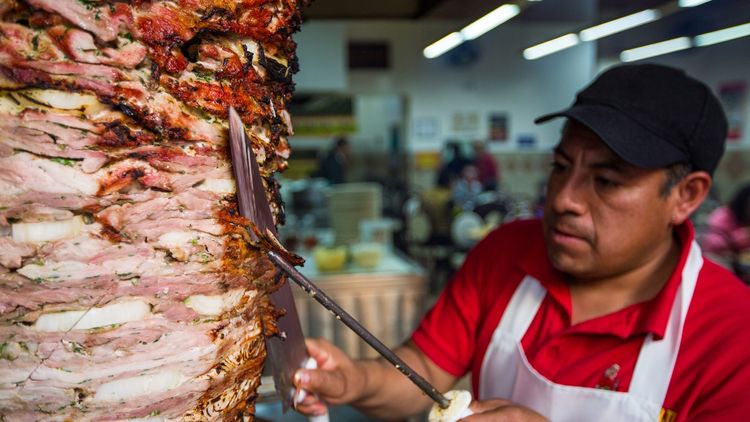Eating liver on the carnivore diet

Alright, let's dive into this carnivore diet journey! Now, I'm no expert, but I've been on this diet for a while now, and I've learned a thing or two that I'd like to share with you. So, grab a steak, sit back, and let's chew the fat on this topic.
First off, what is the carnivore diet? Well, it's pretty much what it sounds like - a diet that consists primarily of meat. That's right, no fruits, no veggies, just good old-fashioned protein. Now, I know what you're thinking, "Seb, isn't that a bit extreme?" And you're not wrong. It's not a diet for everyone, and it's always important to consult with a healthcare professional before making any drastic changes to your diet.
But let's get into the meat of the matter (pun intended). Why did I decide to go on this diet? Well, I've always been a meat lover, and I was intrigued by the idea of a diet that not only allowed but encouraged, a high intake of meat. Plus, I'd read about potential benefits like weight loss and improved energy levels, and I thought, "Why not give it a shot?"
Now, onto the juicy details. What's it like being on the carnivore diet? Well, it's a bit of a rollercoaster. On one hand, I get to enjoy all the steak, chicken, and fish I want. On the other hand, I do miss the occasional apple or bowl of pasta. But overall, I've found that my energy levels have improved, and I've even lost a few pounds.
But don't just take my word for it. There's some science to back up the benefits of a high-protein diet. A recent study published in Frontiers in Endocrinology found that higher levels of physical activity and calorie intake reduced the likelihood of sarcopenia (loss of muscle mass) in patients with metabolic dysfunction-associated fatty liver diseases (MAFLD) [1]. While this doesn't directly relate to the carnivore diet, it does highlight the importance of protein in maintaining muscle mass.
Now, I know what you're thinking, "Seb, isn't a diet of just meat unhealthy?" And it's a valid concern. After all, we've always been told about the importance of a balanced diet. But here's the thing - the carnivore diet isn't necessarily about excluding all other food groups forever. It's more about focusing on protein-rich foods and reducing the intake of processed and sugary foods.
In fact, in one of my previous blog posts, I discussed the possibility of incorporating certain fruits and veggies into the carnivore diet [2]. While it might seem contradictory, it's all about finding a balance that works for you.
And that's the key takeaway here. The carnivore diet, like any diet, isn't a one-size-fits-all solution. It's a dietary approach that can be tailored to fit individual needs and preferences. So, if you're considering giving it a try, remember to listen to your body and adjust as necessary.
In the end, the carnivore diet is just one of many dietary paths one can take. It's worked for me, but that doesn't mean it's the right choice for everyone. So, whether you're a carnivore, a vegan, or somewhere in between, the most important thing is to choose a diet that makes you feel good and supports your health.
And with that, I'll wrap up this meaty discussion. Until next time, keep exploring, keep questioning, and keep eating delicious food!



